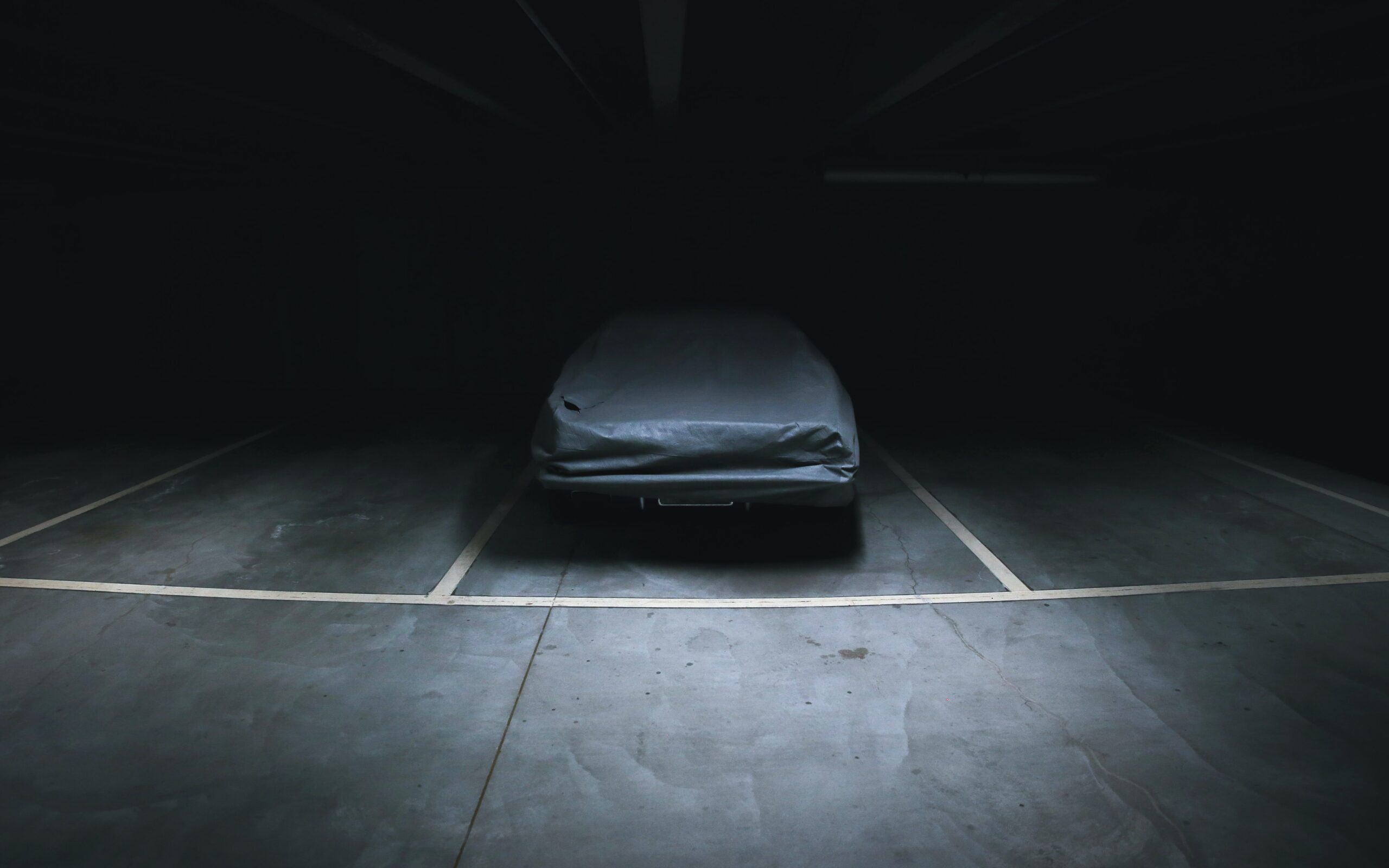I’m sitting at her kitchen table, eating cereal I didn’t eat anywhere but with her. The first time was in 7th grade. I remember that it hurt the top of my mouth and I remember her saying to let it get soft.
Slow down, she said.
Take your time, she said.
I don’t know how she never seemed to worry.
⧫
We met on the day she protested our school uniform.
They didn’t say how I can wear my hair, she said. I stared at the multitude of bits of hair that she had bundled into miniature individual horns, transforming her into a tiny non-threatening Pinhead made of walnut hair and rainbow rubber bands.
What, she said.
I’m weird, she said.
As if that explained everything.
Hi, she said. She hugged me.
Free hug, she said.
⧫
We would sit whispering at her stepmother’s table much too early for breakfast on a Saturday morning, but we hadn’t been sleeping anyway. Our sleepovers were never really sleepovers. We would stay up all night on a faded denim futon talking politics, boys, books, music, parents, animals, siblings. The years didn’t change our pattern. We had the TV in the background and would watch as cable switched to infomercials and then we would switch to VH1 for non-stop music videos. Some nights we watched Disney movies. Once, she told me she couldn’t watch Pocahontas because it reminded her of her mom.
Once, she told me the story of a little girl walking home from school to the sight of flashing lights around a garage door holding a single car. A car that had been running. A garage door that had been shut. This was the only time I saw her cry.
We would watch the sunrise.
⧫
The first night, her dad opened the door strumming an acoustic guitar and singing “Hey Jude.” She laughed and said he was embarrassing her, stop it. He stood and played and sang louder. She pushed his back and slowly, surely, he moved out, playing his way.
I told her he was a good singer. She blushed.
Some nights, we sang to each other. Some nights, we sang along with the TV. Once, in the back of my parents’ van, a love song played on the radio.
I love this song, she whispered in my ear. Then we sang together—to the air, to each other, to something I had never known the taste of until it tumbled off my tongue.
That cereal was hers. We ate it every one of those mornings. I remember never feeling tired. I remember her never looking it.
⧫
Once, over the phone she told me I couldn’t sleep over.
I look like a robot, she said. She talked about wires glued to her scalp. She talked about pills, doctors, machines—metallic things, sharp things. Things that weren’t her. She talked about the brief burn of vomit—about feeling as though she had left her body, only to wake up with her body jerking, to the panicked sound of her dad calling her name from somewhere above her.
Auras, she called them and laughed. Makes me sound like a hippie.
I never looked long enough past her laughter.
⧫
I wonder if she knew the shape of the taste of the words held under my tongue. I wonder if she tasted them too. I wonder if that’s why we broke apart.
I wonder how much I didn’t know I didn’t know.
⧫
We met once in college, as if we had never gone anywhere that was apart.
Free hug, she said.
Then we drank and ignored the unspoken weight of the things we never said that rested between us. She led me hand-in-hand to my bed. And in the morning, I saw what it looked like when the dawn hit her hair. I felt what it felt like to have the weight of her arm falling over my bare ribcage.
Hi, she said.
⧫
I didn’t know what to do with the sweetness that sat on my tongue—the taste of sleepless nights, and singing, and years spent knowing each other, and the way the bridge of her nose wrinkled when she laughed.
So, I did nothing.
I know the taste of hoping that she knew what I never had the words to say.
—
Rowan Lucas is an editor and adjunct professor of English and composition from Richmond, Virginia. She holds a M.A. in English from Virginia Commonwealth University. Her previous work has appeared in Amendment, Ghost Parachute, The Boiler, and was nominated for a 2019 Pushcart Prize.
Artwork by: Frederik Højfeldt Nielsen
